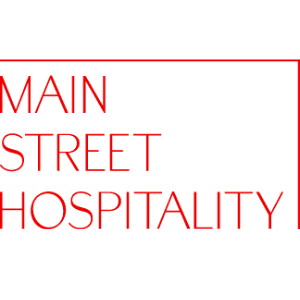Ceridian, a global leader in human capital management (HCM) technology, today released the results from its annual Executive Survey focused on the power of mobilizing the boundless workforce. The survey revealed 85% (ANZ 90%) of leaders feel confident their organisations will achieve their 2023 goals and 75% (ANZ 87%) see strong revenue growth ahead. Additionally, eight out of 10 survey respondents said their workforce has the skills to meet organizational performance goals in the next two years.
Executive Survey focused on the power of mobilizing the boundless workforce. The survey revealed 85% (ANZ 90%) of leaders feel confident their organisations will achieve their 2023 goals and 75% (ANZ 87%) see strong revenue growth ahead. Additionally, eight out of 10 survey respondents said their workforce has the skills to meet organizational performance goals in the next two years.
At the same time, the results uncovered friction between the positive outlook for operating results and a growing complexity crisis. 95% of respondents see workforce challenges like employee attraction, engagement, and retention, in addition to compliance complexities creating risks for their organization’s ability to achieve its goals in the next year.
“Top leaders feel confident they will reach their goals – guided by an understanding that it will take strong technology and tough decisions to meet demands and continually unlock the potential of today’s boundless workforce, which is fluid, always-on, and borderless,” said Susan Tohyama, CHRO, Ceridian. “The efforts towards workforce transformation that organizations have already made are remarkable, but more opportunities abound. Our latest Executive Survey is a rallying cry for business leaders to invest today in people strategies and systems to be positioned for future growth and resiliency.”
The survey polled more than 2,000 business leaders at the director level or above across seven countries, in companies with at least 1,000 employees. The research shows leaders globally have begun embracing modern technology and reimagined talent strategies to help elevate their people operations and unlock efficiencies, however, there is still work to do in a number of critical areas including:
- Using technology to maximize productivity: 81% (ANZ 84%) of respondents said their organization uses artificial intelligence (AI) to replace repetitive tasks, which three-quarters of these respondents say increases productivity and efficiency. But less than half of the leaders surveyed said their organizations are using technology to optimize skills usage throughout the business.
- Optimizing use of contingent workers: 80% (ANZ 81%) of surveyed organizations currently employ contingent workers, with the majority (Global 65%, ANZ 73%) saying they will increase their reliance on these workers in the next two years. However, 70% (ANZ 71%) say they are somewhat or strongly challenged when integrating them into their workforce, and nearly half (Global 44%, ANZ 37%) say finding contingent workers with specific skills presents issues.
- Simplifying internal mobility: 74% (ANZ 81%) of surveyed leaders expect internal mobility to increase in their organizations in the next two years. With respondents ranking engagement and retention (55%) (ANZ 50%) as their top roadblocks to achieving their organizational priorities and goals, followed by labor and skills shortages (Global 50%, ANZ 41%), harnessing internal mobility opportunities will help give workers the flexible careers they want while fostering higher organizational performance and productivity.
















